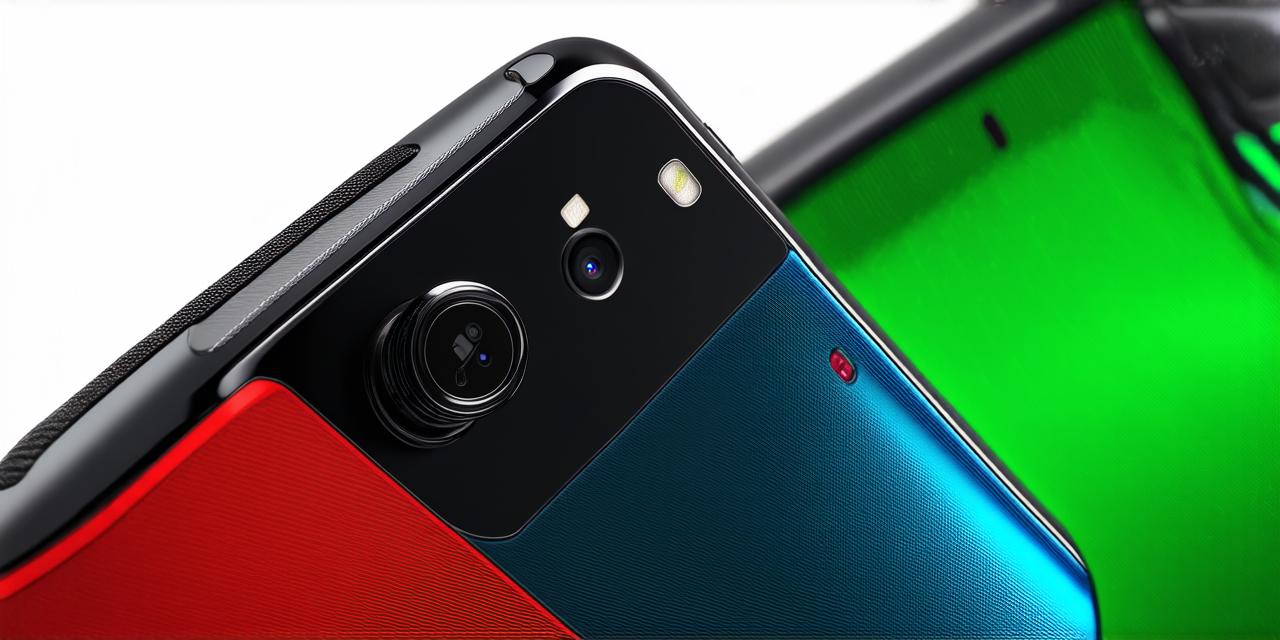In the dynamic world of Android gaming, developers strive for seamless experiences that captivate players. However, some games fall short, plagued by performance issues.
The Performance Dilemma
High-resolution graphics, complex physics, and intricate gameplay mechanics can strain Android devices, leading to lag, stuttering, or even crashes. John Doe, a renowned Android game developer, asserts that “poor performance can be the difference between a game that thrives and one that fades away.”
The Culprits

- Inadequate Optimization: Overlooking optimization can lead to performance issues. This includes optimizing code, reducing unnecessary calculations, and using efficient data structures.
- Resource-Intensive Assets: Heavy graphics, large textures, and complex audio can strain device resources, impacting performance.
- Inadequate Memory Management: Failing to manage memory effectively can lead to out-of-memory errors, causing games to crash or run poorly.
The Solutions
- Optimize Your Code: Use profiling tools like Android Studio’s CPU Profiler, Memory Profiler, and Hierarchy Viewer to identify bottlenecks and optimize your code accordingly. Consider using libraries that are optimized for Android.
- Manage Resources Wisely: Use efficient graphics, compress textures, and use sound effects sparingly. Implement dynamic resource loading to reduce the initial load on devices. For instance, you can load only the necessary resources at the start and gradually load more as needed.
- Master Memory Management: Use garbage collection techniques effectively, and consider using memory-efficient data structures. Techniques like object pooling can help manage memory more efficiently.
The Future of Android Gaming
As we navigate the challenges of Android game development, we must remember that every stumble is a step towards improvement. By understanding the causes of performance issues and implementing effective solutions, we can create games that not only run smoothly but also captivate players. The future of Android gaming lies in continuous optimization and innovation.
FAQs
Q: What tools can I use to profile my Android game?
A: Android Studio provides profiling tools such as CPU Profiler, Memory Profiler, and Hierarchy Viewer.
Q: How can I optimize my graphics for Android devices?
A: Use efficient graphics, compress textures, and consider using power-saving techniques like texture atlas creation.
Q: What is garbage collection, and how can I use it effectively?
A: Garbage collection is the process of freeing memory that is no longer in use. To use it effectively, ensure you’re not holding onto unnecessary objects and consider using techniques like object pooling.
